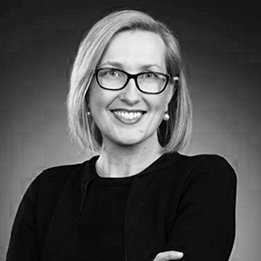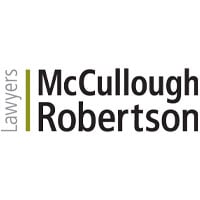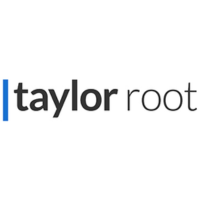

Group executive, general counsel and corporate assurance | Chartered Accountants Australia and New Zealand




Vanessa Chapman
Group executive, general counsel and corporate assurance | Chartered Accountants Australia and New Zealand
Team size: 36
What has been the number one challenge that has impacted you over the past year?
As the leader of a team of high performing legal, risk and compliance, governance, and professional standards professionals, I am acutely aware of my privilege. I am inspired by their drive, their expertise, and their commitment to delivering exceptional service to our internal clients and the broader membership, who are at the heart of everything we do at Chartered Accountants Australia and New Zealand. My natural tendency is to challenge and innovate, and to set ambitious service and delivery standards for the various functions within my portfolio. The number one challenge, always, is to maintain a team (and organisational) culture of excellence that is balanced, sustainable and prioritises the well-being of my team. Building a culture of sustainable excellence is not ‘set and forget’ – it is carefully cultivated – but it is the key to having a high performing team that can ideate and deploy innovative and creative solutions to technical or adaptive challenge as they arise. Thinking about technical challenges, the issues that have occupied my attention over the last year most are the same issues that many organisations face: keeping abreast of legislative and regulatory developments across multiple jurisdictions, maintaining the best practice data security and privacy controls embedded across the enterprise, managing delivered risk in the digital transformation initiatives that underpin our strategy.
Looking forward, what technological advancements do you feel will impact the role of in-house legal teams in the future the most?
The pace of technology change is transformational across all sectors. Whilst still reasonably nascent, generative AI at scale – think ChatGPT – has the capacity to impact how legal teams research, engage with external legal advisors and deliver advice. I say ‘potential’ because quality controls in AI can be highly variable.
What would you say are the unique qualities required to be successful as an in-house lawyer in your industry?
The transition from private practice to in-house is a paradigm shift. The deep expertise and technical training that comes from private practice, which in my case was with leading corporate partners at Clayton Utz in Sydney, provides a solid foundation for in-house practise. Working M&A or complex multiparty transactions gives young lawyers a fantastic breadth of experience that stands them in very good stead when they move in-house. But technical skills alone are not enough to be successful in-house. The most successful in-house lawyers bring a commercial and strategic lens to their legal work. They show curiosity, they strive to understand business drivers, enterprise priorities and risk appetite. They develop their internal profile, embed themselves in projects and calibrate their technically excellent advice to maximise its value. And finally, great in-house lawyers demonstrate that they are part of the enterprise, not ivory tower oracles. Independent, frank, and fearless advice is most valued when it is informed, contextualised, and delivered with confidence.